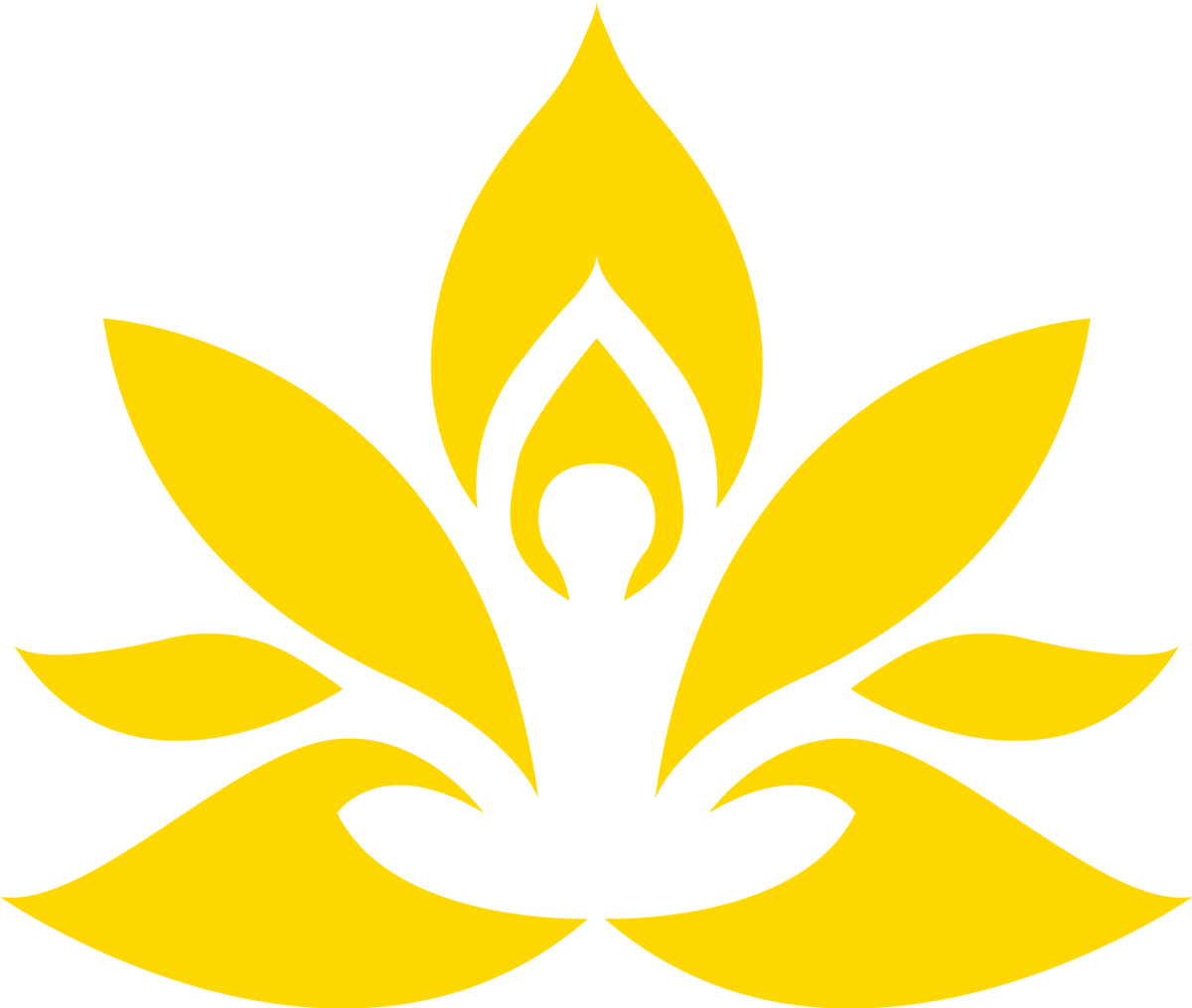-
Invalid quantity more than stock{{cart_item.name}}{{cart_item.variation_attribute_name}}: {{cart_item.variation_attribute_label}}{{cart_item.item_unit}}: {{ setCurrency(cart_item.price)}}{{ setCurrency(cart_item.price*cart_item.quantity)}}
European Herbs
Key European Herbs & Their Uses
Chamomile (Matricaria chamomilla)
Used widely across Europe for centuries as a calming tea. Chamomile soothes digestion, reduces inflammation, eases anxiety, and promotes sleep. Also applied topically for mild skin irritation and oral mucosa issues .
Lavender (Lavandula angustifolia)
Common in France (Provence), lavender is used in teas, oils, and baths for relaxation and anxiety relief. Modern studies confirm its mild sedative effects and sleep-promoting properties .
Sage (Salvia officinalis)
Valued since ancient times for digestive and respiratory issues, sore throat, and hormonal balance. Scientific evidence supports its anti-inflammatory and antioxidant benefits, with some studies showing relief during menopause .
St. John’s Wort (Hypericum perforatum)
Used for mild depression and mood regulation in folk and scientific contexts. Widely used across Europe and scientifically supported for its antidepressant compounds .
Valerian (Valeriana officinalis)
A traditional herb for insomnia and stress—used in folk medicine since ancient Greece and still clinically supported for promoting restful sleep .
Yarrow (Achillea millefolium)
Known for treating wounds, bleeding, menstrual discomfort, and digestive issues. Ancient use by Achilles continues in modern therapeutic contexts .
Culinary & Digestive Herbs with Health Benefits
Thyme (Thymus vulgaris)
A staple of Mediterranean cuisine and herbes de Provence, thyme has traditional antiseptic and respiratory-supportive uses. Medieval Europeans also used it under pillows to ward off nightmares and for courage .
Rosemary (Rosmarinus officinalis)
Used in cooking and herbal teas, rosemary supports circulation and cognition. Historically burned in hospitals for antiseptic air cleansing and paired with herbal infusions for headaches and nostalgia relief .
Mint (Mentha spp.) / Peppermint
Used across Europe for digestive health, nausea, and stress relief. EU-approved digestive aid and common herbal tea ingredient .
Fennel, Caraway, Liquorice
Promote digestion and relieve bloating or flatulence. Fennel and caraway are especially common in southern and Mediterranean Europe .
Elderberry / Elderflower (Sambucus nigra)
Immune-supportive herb used in teas and syrups across Europe. Combats cold symptoms, promotes detoxification, and may aid cholesterol balance .
Nettle (Urtica dioica)
Used in Germany and Balkans for detox support, inflammation relief, and nutrient richness. Often consumed as tea or soup .
Additional Traditional Herbs
-
Angelica (Angelica archangelica): Used for digestion, respiratory support, and immune tonics in northern Europe
-
Eyewort (Euphrasia officinalis): Traditionally brewed for soothing mild eye inflammation and rich in tannins and vitamin C
-
Marjoram, Linden (Tilia spp.), Lady’s Mantle, Lungwort: Used historically across Europe for mental calm, women’s health, and respiratory support
Summary Table
| Herb | Traditional Uses | Modern Benefits |
|---|---|---|
| Chamomile | Calm nerves, aid digestion, sleep | Anti-inflammatory, mild sedative |
| Lavender | Relaxation, anxiety, insomnia | Calming essential oils |
| Sage | Sore throat, digestion, women's health | Anti-inflammatory, hormonal balance |
| St John’s Wort | Mood support, mild depression | Antidepressant properties |
| Valerian | Sleep aid, stress relief | Improves sleep latency and quality |
| Yarrow | Wound healing, cramps, digestion | Anti-inflammatory, circulatory support |
| Thyme | Respiratory, antimicrobial | Immune and antiseptic |
| Rosemary | Circulation, mental clarity | Cognitive support and antioxidant-rich |
| Mint | Soothing digestion, nausea relief | Digestive aid |
| Fennel, Caraway | Bloating, spasms | Carminative relief |
| Elderflower/berry | Cold relief, immunity | Antiviral, antioxidant effects |
| Nettle | Detox, joint and urinary support | Nutrient-rich anti-inflammatory herb |
✅ Why It Matters
-
These European herbal traditions are backed by centuries of folk use and growing scientific validation.
-
Many are now approved under EU herbal medicine guidelines (e.g., thyme, chamomile, valerian, snailwort) .
-
They offer a natural complement to wellness routines, and integrate well with yoga, meditation, and holistic lifestyle practices.



 Health Concerns
Health Concerns








